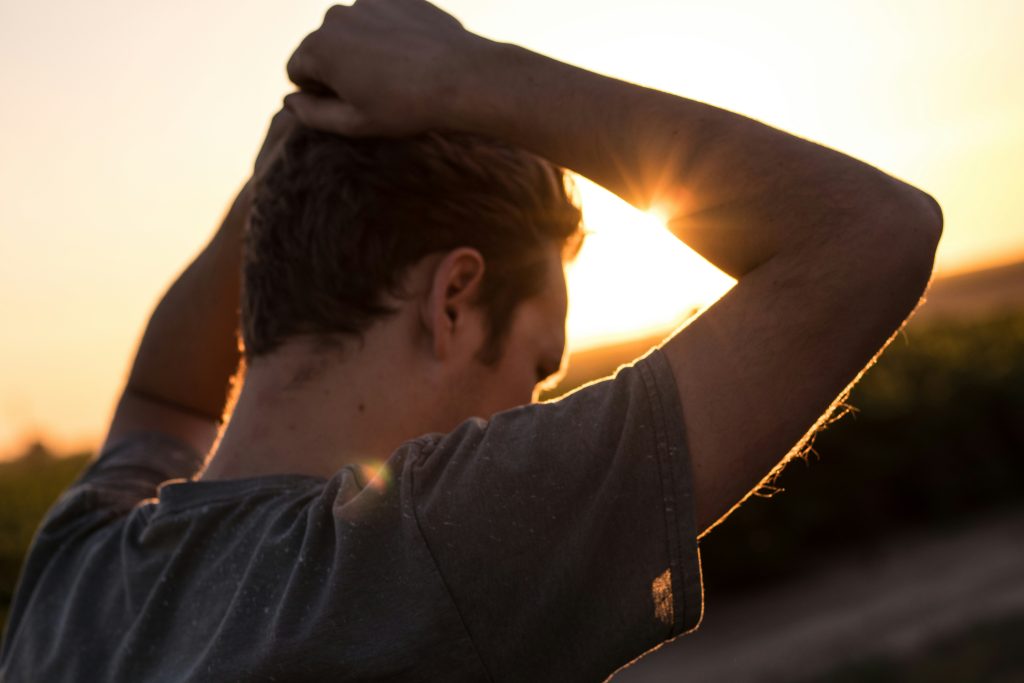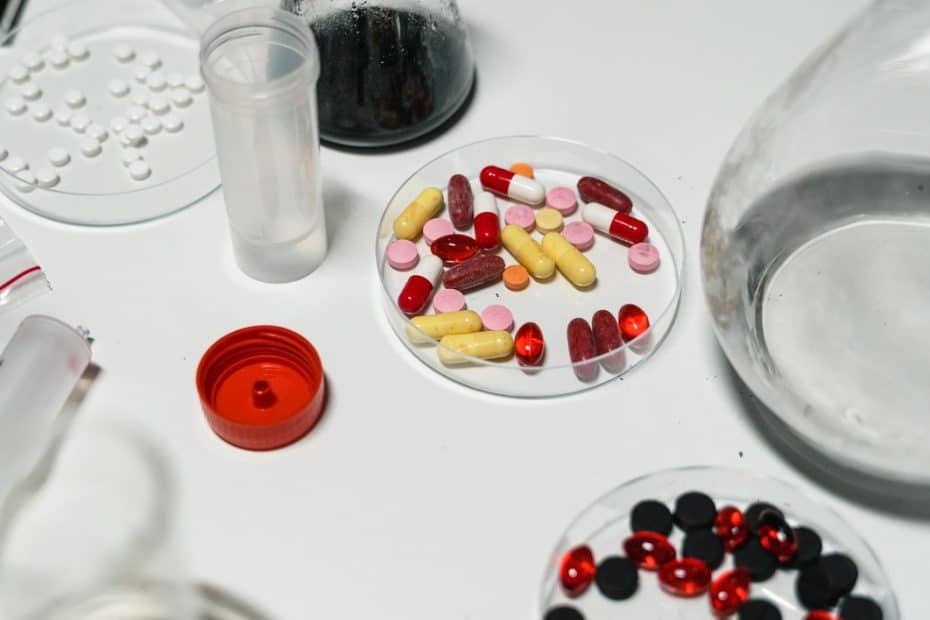Drug addiction can affect anyone and, as it develops, can have a huge impact on daily life. Whether it’s a loved one, a friend, or even yourself, recognising the early signs of addiction is the first step toward seeking help and starting the journey to recovery.
When you understand the physical, emotional and behavioural changes that accompany substance dependence you can ensure you get the right support at the right time.
Drug addiction
Drug addiction, or substance use disorder, happens when someone keeps using a drug despite its negative effects. This can include prescription medications, and illegal drugs like opioids and stimulants. Over time, addiction can change the way the brain works, affecting judgment, memory, and decision-making. It can also take a toll on mental and physical health, relationships, and overall quality of life.
Recognising the signs of drug addiction
There are a range of signs to look out for to identify substance dependence in yourself or in someone you care about.
Early signs of drug addiction: Addiction doesn’t happen overnight. It usually starts with increased use, often as a way to cope with stress, pain, or emotional struggles. Some early red flags include:
- Building a tolerance – Needing more of the drug to feel the same effects.
- Withdrawal symptoms – Feeling unwell, anxious, or irritable when not using.
- Using despite negative consequences – Continuing drug use even when it causes problems at work, school, or in your relationships.
Some behavioural changes to look out for are: Substance abuse can alter your behaviour in a few significant ways.
- Neglecting responsibilities – Missing work, school, or failing to keep up with daily tasks.
- Social withdrawal – Avoiding family and friends or spending time only with people who also use drugs.
- Loss of interest in hobbies – No longer participating in activities that once brought joy.
- Secretive behaviour – Hiding drug use, lying, or making excuses.
Physical and emotional warning signs: Addiction also impacts the body and mind, causing:
- Sudden weight loss or gain
- Bloodshot eyes or unusual pupil size
- Changes in sleep patterns (sleeping too much or too little)
- Mood swings, anxiety, or paranoia
When does casual drug use turn into a bigger issue?
When drug use goes from casual to constant, it can start to negatively affect your life in many ways, physically, mentally, and financially. Signs that drug use has become a problem include using drugs to cope, hiding your use, needing them to feel “normal,” getting upset when you can’t access them, and prioritising drugs over important responsibilities. You might also notice physical health changes or experience mood swings.
At The Bardo, we know addiction isn’t caused by one single thing. It’s a mix of factors, often rooted in past pain, trauma, or struggles that build up over time. For many, drugs become a way to escape or numb those feelings. But what starts as a temporary relief can slowly take over, leaving you feeling stuck in a cycle that’s hard to break.
Getting treatment and support at The Bardo
For drug addiction treatment, contacting The Bardo is a great first step towards healing. While it can feel overwhelming, you can be sure you’ll find our team compassionate, and our rehab retreat is a non-judgmental space where you can feel understood and supported.
Our tailored drug addiction treatment programs are designed to meet you where you’re at, guiding you through the recovery process with care and respect. Whether it’s through one-on-one counselling sessions or our holistic therapies, we’re committed to helping you address the causes of addiction and help you rebuild your life.
You don’t have to face drug addiction alone – let us help you take that brave first step towards a healthier, happier future.



